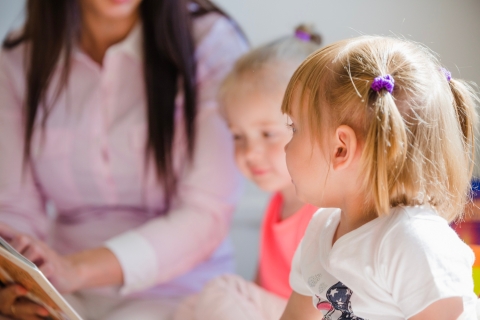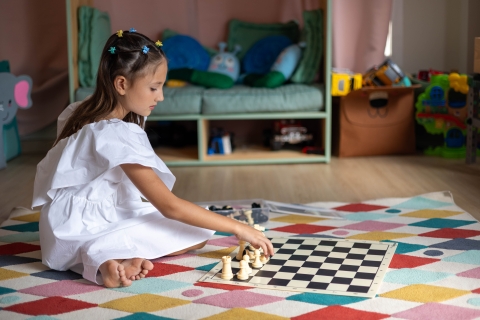Education
How Should You Choose a British School for Your Children?
Parents always want the best for their children, and one of the most complex decisions they can make when it comes to education is which school to choose. This decision is becoming ever more difficult, as there are now more options available than there have ever been before.
In recent years, bilingual schools have proliferated in Spain; these are schools where some classes are taught in English. However, if there is a choice between a British school and a bilingual school, the British school option is more interesting because in these schools, the curriculum is based on the English National Curriculum, which incorporates more dynamic creative aspects to produce globalised and independent pupils.
In the English National Curriculum, the academic model is different from the national model. There are four stages. The first is called Early School and ranges from 2 to 5 years; the second, Primary, is for children between 5 and 11 years; Secondary is for young people between 11 and 16 years; and the fourth, the Baccalaureate, resembles the national baccalaureate, for those between 16 and 18 years of age.
In British schools, children are exposed to other languages, acquire international education skills, and are usually prepared for international tests, such as those held in the official Cambridge and Trinity College centres.
Once the decision has been made to educate children in a British school, the question that arises is, what criteria should be taken into account when choosing a school? Here are some guidelines as to what factors parents should look out for when making this important decision.
The school’s educational principles, mission, and objectives for the future
Each British school has a set of principles which it strives to follow. Schools also have a mission, specific objectives or plans, and a certain amount of resources available to children. The school must respond clearly to questions relating to its academic organisation, the curriculum it teaches, its approach to teaching, and its plans for the future.
All these questions are relevant because they allow parents to understand the school’s commitment to students and their families, and whether the school will be a good fit for their children.
The values of the school and its approach to teaching
This idea is fundamental because it is the one that allows parents to know what the school’s teaching approach is, how it wants children to develop and progress, and what values it introduces to its pupils through education. If these values correspond to the parents’ desired ideals, selecting the British school in question will probably be a good idea.

Teachers, educators and instructors
Whether it is a British school, a bilingual school, or a school where lessons are exclusively taught in Spanish, teachers are a fundamental part of the institution, so parents must pay attention to the requirements the school demands in the recruitment processes, the seniority of the teachers, the dynamic between teachers, and the quality of their work, both internal and external. It is important for parents to determine whether the teaching style of a particular school will be suited to their child’s unique needs and personality.
If it is a British school, as is the case with www.stgeorgeinternational.es, it is also important to ensure that they follow the British education system and have native English or British teachers, so that the teaching process is more immersed and authentic.
Location, availability of transport and proximity to the school
This point is a secondary factor, which should only be taken into account if the previous ones are all complied with. The proximity or availability of transport to the school may be a factor in selecting one school over another.
Experts say that a balance between home and school life is important in order to make daily life sustainable for pupils, so whenever possible, this condition must be taken into account.
Price of tuition, available facilities and extracurricular activities
These three factors are closely related, which is why we are grouping them together. Families who opt for a British school do so because they have sufficient financial resources to make this decision, so the schools’ facilities and the range of extracurricular activities offered should play an important role in the decision.
Education and training are not limited to curricular content – they are complemented by all kinds of out-of-school activities which can broaden children’s horizons and lead them to develop into confident and well-rounded individuals. Each child is different, so parents must take into account the activities and opportunities which are required by or suited to their own children. Different pupils will thrive and benefit from different surroundings.
These criteria, and many others, can be used as a guide to establishing the best British schools available to children and making a decision about which is the most suitable.








